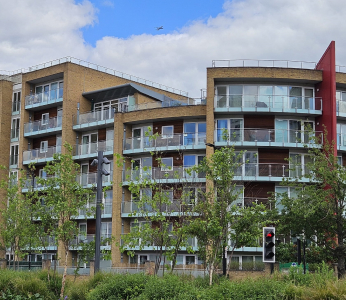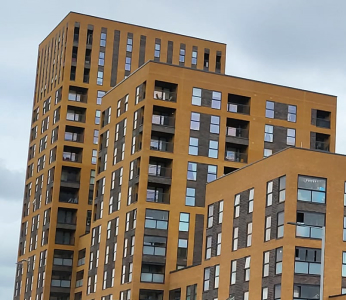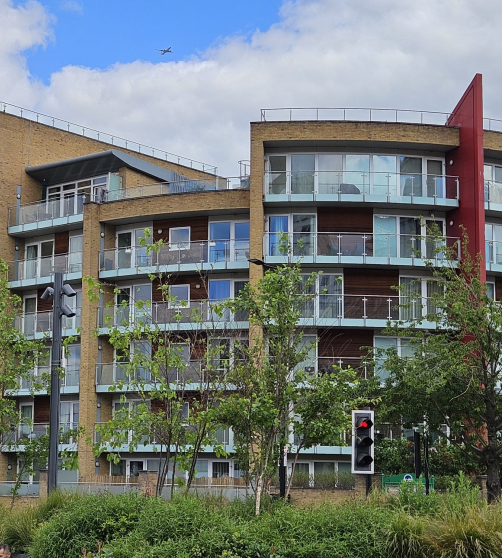Save up to 50% on ground rent collection: the magic that enables us to do this is bulk processes and robotic accounting
Add a whopping £157,500 to your freehold investment value. Assuming a typical £350 ground rent on 300 flats switching to Ringley could save you £6,300 a year - at a 4% yield you could add £157,500 to the value!
Ground Rent Collection save up to 50%
Ringley collects Ground Rents for Freehold Investors, Developers and resident controlled Freehold Management Companies. Ground rent has to be paid whether or not there is a disagreement with the landlord so collecting it effectively is a matter of ensuring correct service and the right prescribed notes are included.
- We deliver investors more of their money because our cost base is lower.
- We use annual demand packs and send copy demands, polite reminders and final notices by email.
- We offer Leaseholders the option to pay by direct debit also.
At Ringley bulk processes, robotic accounting and automated allocations and the mailing warehouse we use together make light work of managing ground rent collection.
Together this creates the magic and is why our fee is not the 10% to 12% norm, but is just 6%*, some 50% cheaper.


What are the collection procedures for ground rent?
After the final notice, outstanding Ground Rent debts above £350 seamlessly escalate to Ringley Law and Solicitors letters are sent as well as letters to any lender. Civil procedure rules pre-trial mediation is offered before a County Court money judgment is sought, this usually being the most effective route for small debts with no realistic prospects of forfeiture, for which a Tribunal determination of the breach or Court judgment is now required. For larger Ground Rent debts or where both Ground Rent and Service Charges are outstanding to the Freeholder S146 forfeiture proceedings to terminate the lease and take back possession will certainly be viable. Naturally, the costs of action will is added to the debt.
How software can make light work of collecting your ground rent?
Ringley provides a full and comprehensive Freehold and Ground Rent Management Service to institutions, companies, and leaseholders throughout the UK. We have the in-house expertise and the constantly improving software for enhanced customer experience to cover all aspects of ground rent collections, reviews, monitoring, and associated queries.

Freehold Ground Rent Investor Services

Developer lease drafting & completions service
We support developers large and small in plot completions and set up Management Companies.

For those wishing to sell ground rents
We represent Clients who buy ground rents, individual blocks or portfolios so talk to us today.

For freeholders who have received a Section 13 Notice
With both valuations and Ringley Law in-house, we can take care of defending your valuations position, service of a S21 Counter Notice, negotiations, and Tribunal attendance also.
Ground Rent collection from 5%

5% Ground Rent Collection Service explained
At scale, we collect ground rent for 5% of what is collected. Debtchase is fair, not ruthless, with fixed prices fees for pre Court stages we will protect your reputation.

Building Safety & Compliance Service explained
There's more to being a Freehokder than collecting ground rent, e.g., if commercial tenants or leaseeholders compliance is not in order, the buildings insurance may not pay out. Here's the solution.

FAQ’s about your ground rent
Ground rent everything you need to know: our top 20
Related services

Within Ringley we have Solicitors, Engineers, Negotiators and Property Managers so together we act as expert witness; prepare submissions for arbitration & can advise on statutory and tactical procedures. Ringley’s expertise encompasses; rent reviews, dilapidations, lease renewal and sourcing tenants. The rest of this page provides useful advice for tenants.
Our Block Management Team
The key to our success is our people.
Without a schedule, how would you negotiate repairs due or alleged? Don’t take on a lease without one.
Call us
020 7267 2900Email us
md@ringley.co.uk
























